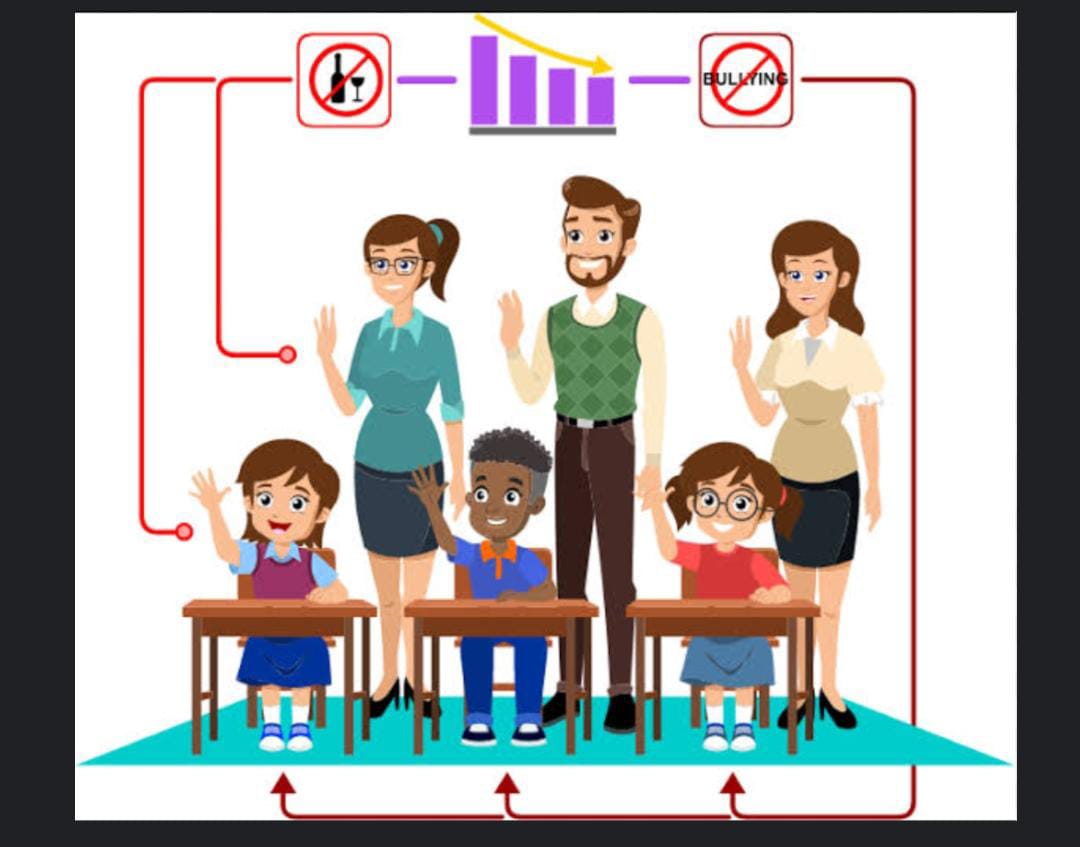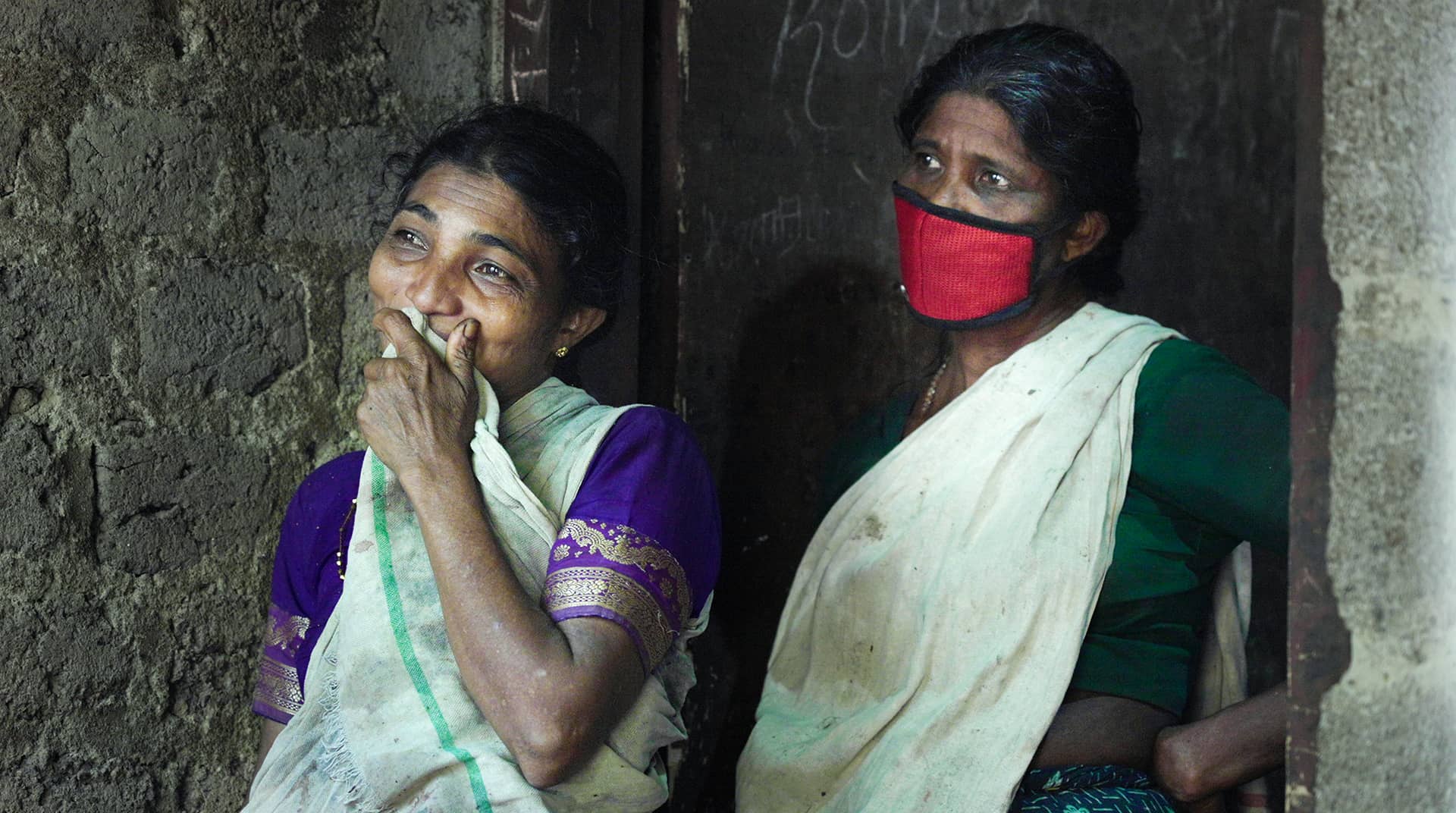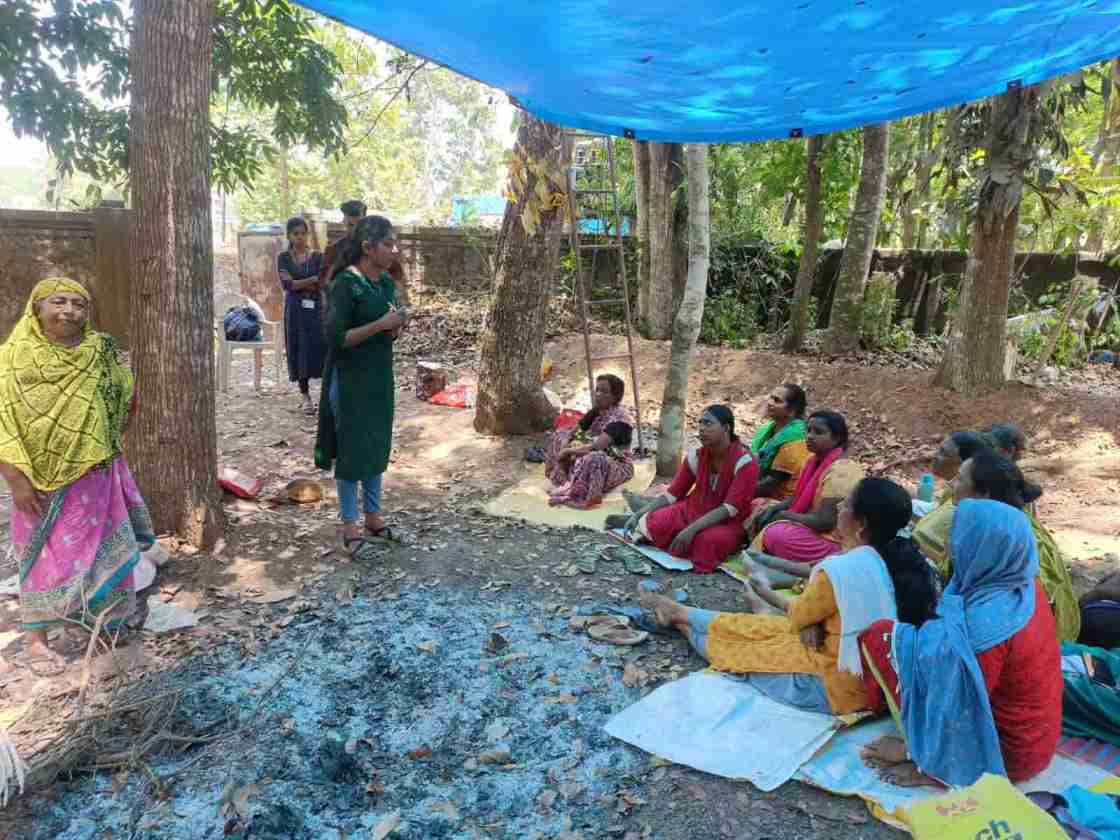The role of teachers as leaders and advocates in the prevention
- 4 Jun 2023 |
- 07:31 PM |
 Neha Joseph
Neha Joseph
Drug abuse can be deemed a pervasive social issue that seriously jeopardises
the health and development of kids and teenagers. Teachers have a significant
impact on the lives of young people and have the power to affect their attitudes,
behaviours, and decisions, thus their participation in preventing drug misuse is
vital. Adolescents and youngsters from India frequently use drugs. It’s interesting
to note that the recently released “magnitude of substance use in India” study
indicates that, for inhalants, opioids, and cannabis, respectively, the “proportion
of children between 10 and 17 years to adults between 18 and 75 years” in
substance use is of the order 2.02, 0.85, and 0.27.
1 The purpose of this blog
section is to examine how crucial instructors are in helping to stop young people
from doing drugs. It will go through the duties of instructors, the tactics they can
use, and the effects they can have on kids to encourage a drug-free atmosphere.
Educators hold a paramount position in thwarting substance abuse among
juveniles via pedagogy, publicity programs, and timely interceptive measures.
They have the capacity to provide knowledge about the hazards and aftermaths
of drug addiction to pupils while fostering a secure and encouraging milieu
through cordial relationships with them. In addition, educators can detect initial
indications of narcotics consumption in their students and suggest suitable
remediation services for their recovery.
Teachers play a special role as mentors, role models, and knowledge providers
in the lives of kids and teenagers. They have a duty to establish a secure and
encouraging learning environment that promotes sound growth. Teachers can
take on a number of important roles in the fight against drug misuse.
Education and Awareness: Teachers are able to inform students in an
age-appropriate manner about drugs, their effects, and the dangers of abusing
them. They can give kids the tools they need to make educated decisions and
resist peer pressure by providing evidence-based preventative programmes.
Early detection: Teachers frequently pick up on drug addiction or other problems
in students before parents or other adults do. They can spot warning indicators
like changes in behavior, academic performance, or social interactions by being
alert and observant. Early detection enables prompt support and intervention.
Building Resilience: Teachers can help kids develop resilience by giving them the
tools and resources they need to deal with difficulties and fend against drug
temptation. Teachers can improve their students’ capacity to make healthy
decisions by encouraging self-esteem, problem-solving skills, and effective
communication.
Teachers can use a variety of tactics to stop young people from abusing drugs:
Creating a Trusting Relationship: Getting along well with students helps to
develop trust and encourages open dialogue. Students are more likely to ask for
advice, voice their problems, and bring up delicate subjects like drug misuse
when their teacher is sympathetic.
Encourage Positive Peer Influence: By creating a sense of community in the
classroom, teachers can encourage constructive peer relationships. Students are
given the opportunity to form strong relationships and have a positive influence
on one another through group activities, team projects, and cooperative learning
environments.
Teaching Life Skills: Teachers can include life skills education in their curricula by
emphasising the development of abilities like decision-making, stress
management, critical thinking, and rejection. Students are more equipped to
avoid drug experimentation and make moral decisions thanks to these abilities.
Working with Parents and Guardians: Teachers ought to involve parents and
guardians in initiatives to prevent drug misuse. Regular communication,
parent-teacher conferences, and seminars can aid in parents’ understanding of
the value of prevention and equip them with methods for reinforcing positive
parenting practices.
Help create a drug-free environment: The establishment of clear guidelines and
expectations for drug use in the school environment can be done by teachers.
They can plan drug-free campaigns, support drug-free endeavors, and uphold
laws that forbid drug-related actions.
Teachers have a significant impact on reducing drug use among kids and
teenagers. Teachers can have a big impact on students’ attitudes, knowledge,
and behavior by taking an active role in the classroom. Drug experimentation,
addiction rates, and the resulting consequences can all be decreased by effective
preventative measures. However, there are a number of issues that must be
resolved:
Lack of Resources: Teachers’ efforts may be hampered by a lack of educational
resources, training opportunities, and support services. Teachers must be
provided with sufficient resources and continual professional development in
order to equip them with the information and abilities required for successful
prevention.
Time Restrictions: Teachers frequently struggle with time restrictions as a result
of their demanding workloads and curricula. It might be difficult to juggle
academic obligations with preventative initiatives. Including drug abuse
prevention in the current
In conclusion, it is crucial that instructors play a key role in preventing drug usage
among kids and teenagers. Teachers have the chance to inform, influence, and
promote a drug-free atmosphere since they are respected authorities. Teachers
may significantly improve the lives of their pupils and the community at large by
carrying out their duties and using effective tactics.
Teachers are important sources of information because they give students factual
information regarding drugs and their effects. They can establish a secure and
encouraging learning atmosphere that encourages adaptability and sound
judgment. Teachers may help identify at-risk pupils early, offer resources and
assistance, and work with many stakeholders to create complete preventative
programs through their advocacy efforts.
Teachers can develop a comprehensive strategy for preventing drug usage by
giving kids the power to make decisions, encouraging healthy peer connections,
and incorporating parents and guardians. Their advocacy work may assist
students in resisting drug usage pressures, making wise decisions, and leading
satisfying lives.
Teachers do, however, confront difficulties, including time restrictions and
resource limitations, which emphasize the need for support and investment in
their professional growth. By addressing these issues, society may make the
most of teachers’ potential influence on drug misuse prevention and build a safer
and healthier future for kids and teenagers.











